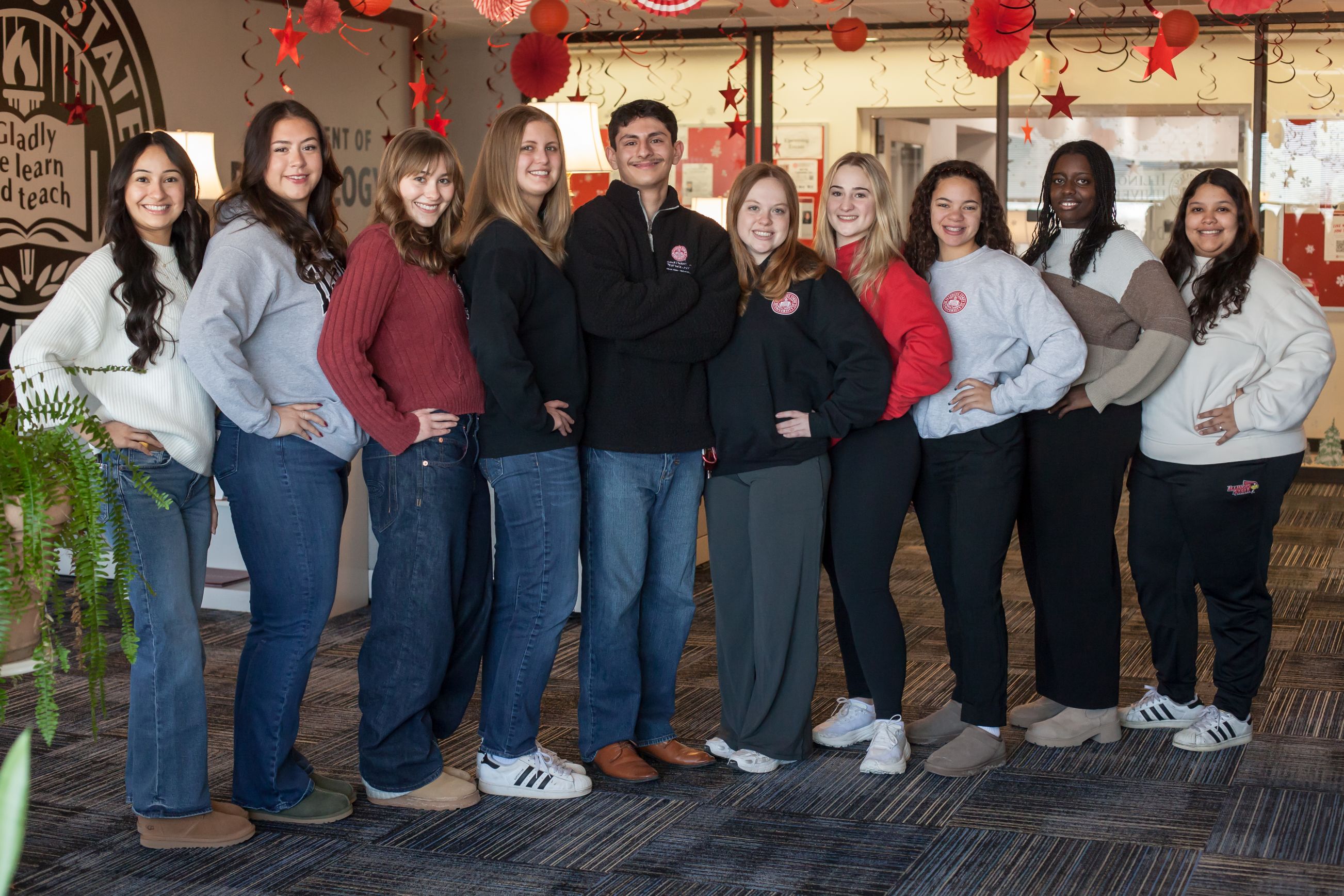Student Success Center
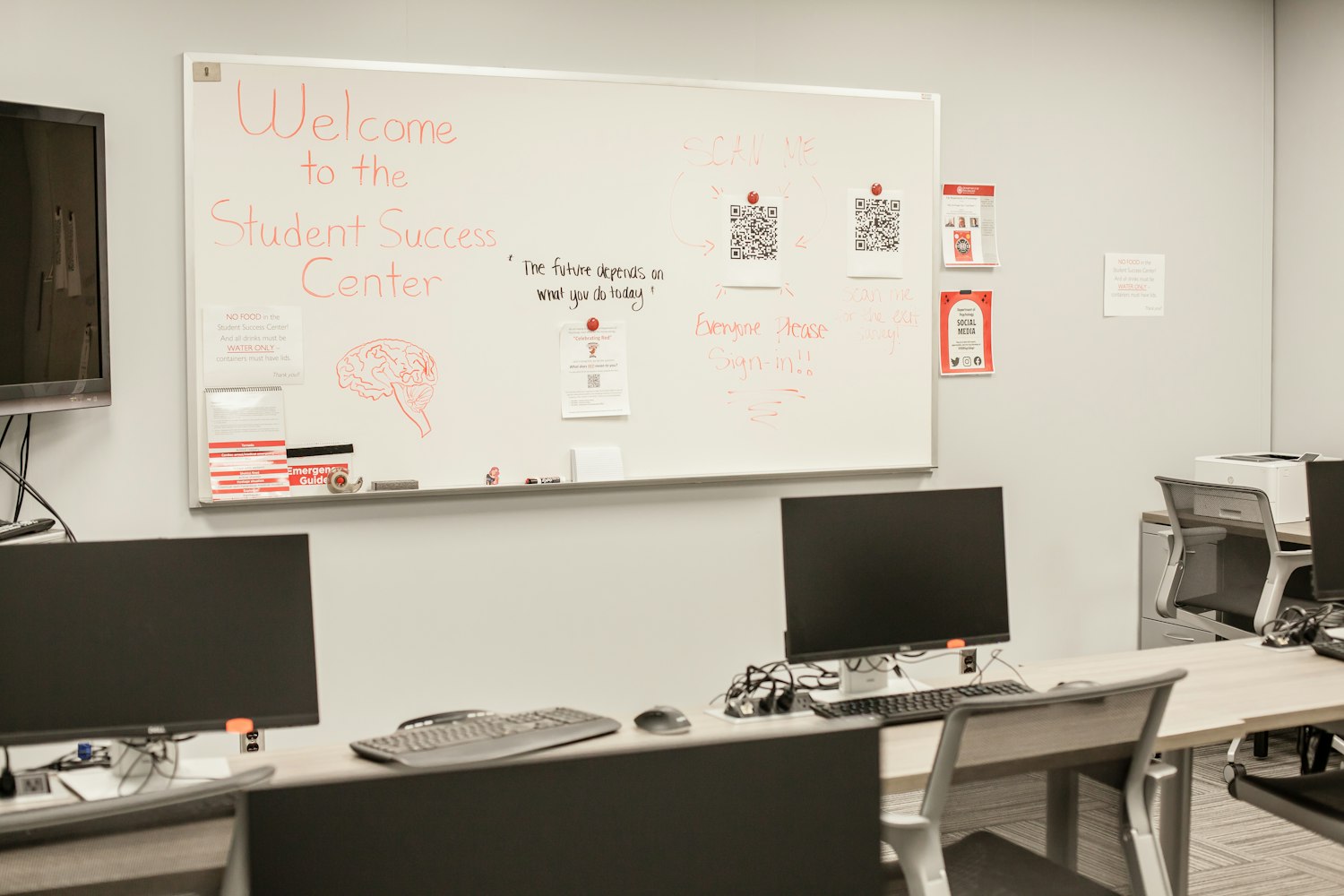
The Department of Psychology’s Student Success Center (SSC) is a space where students can use technology (e.g., printers, SPSS), receive support from graduate assistants and participate in peer mentoring and workshops (on study tips, social justice topics, etc.). For the 2024-25 school year, the SSC will be mainly housed in DEG 404 which offers quiet study space, computers and a printer, and a small library. The graduate assistants assigned to the SSC lead presentations and panel discussions, study sessions, and resume and cover letter reviews. They also lead interactive workshops on themes such as APA style for writing papers, study strategies, how to network, social justice topics, using campus resources, time management techniques.
Resourse List for Incoming and Transfer Psychology Majors by Eli Gutierrez
Interested in an Internship? By Rosmery Mendoza
Hours of Operation
- Monday - Friday 7:45 a.m. - 4:30 p.m.
Peer Mentor Office Hours:
Monday
- Angel - 3 - 4:30 p.m.
Tuesday
- Izzy - 12:30 - 1:30 p.m.
- Taylor - 2 - 3 p.m.
- Angel - 2 - 4 p.m.
- Katie - 3:30 - 4:30 p.m.
Wednesday
- Angel - 11:30 a.m. - 12:30 p.m.
- Nat - 2 - 4 p.m.
Thursday
- Angel 7:45 - 8:45 a.m. & 10 - 11:30 a.m.
- Kruz 2 - 3 p.m.
Graduate Student Support
Please feel free to contact the Student Success Center staff at PsychSSC@IllinoisState.edu.
-
-
Angel Lee
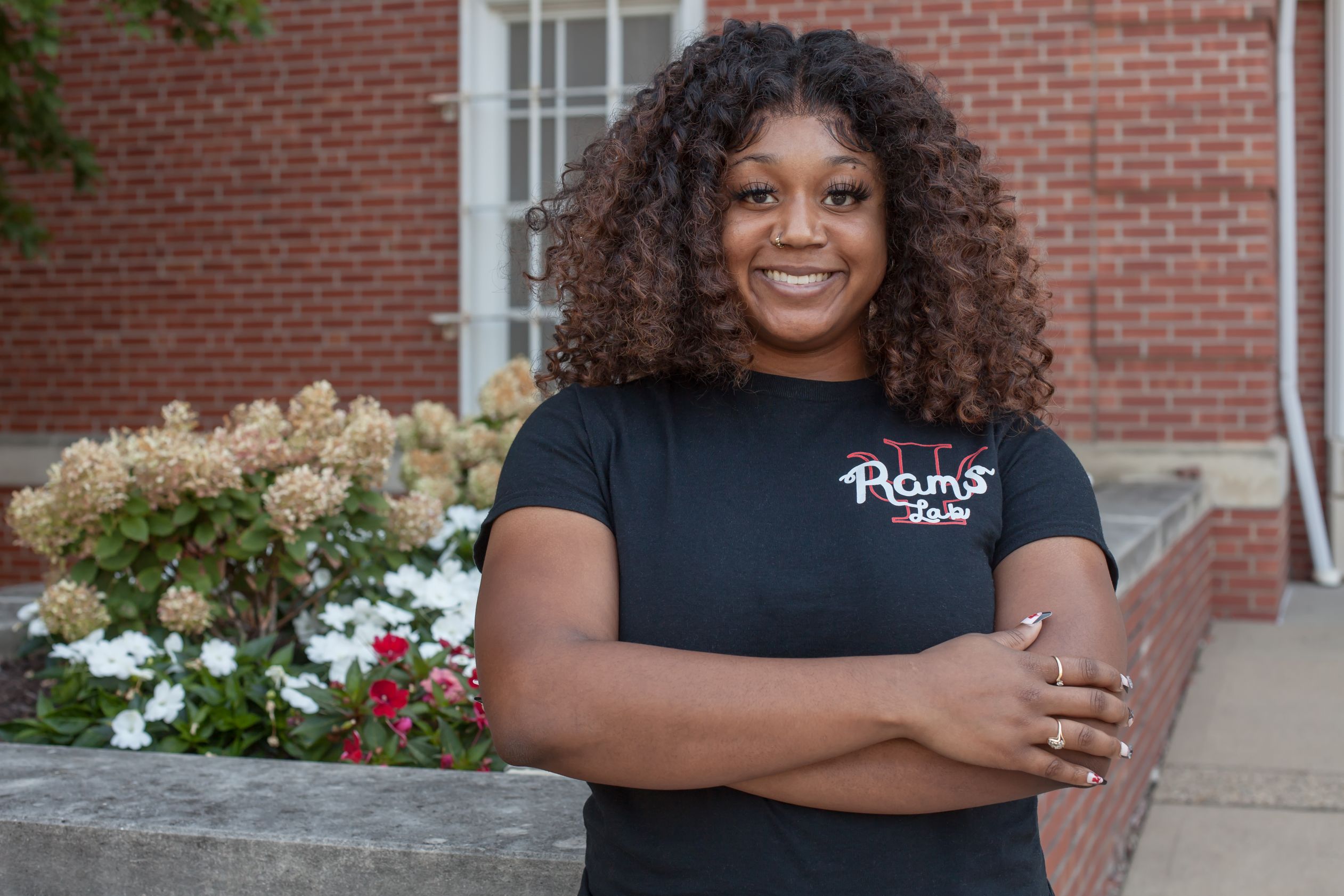
-
-
Peer Mentors
-
-
 Kruz Barerra
Kruz BarerraPsychology Interests: Clincical/Counseling
Favorite Psychology Class: PSY 351
Fun Fact: I became a godfather over the summer
-

Taylor Daker
Psychology Interests: Social Psychology
Favorite Psychology Class: PSY 223
Fun Fact: I went skydiving over the summer
-
 Katie Hindman
Katie Hindman
Psychology Interests: Industrial/organizational
Favorite Psychology Class: PSY 263
Fun Fact: I have never eaten seafood
-
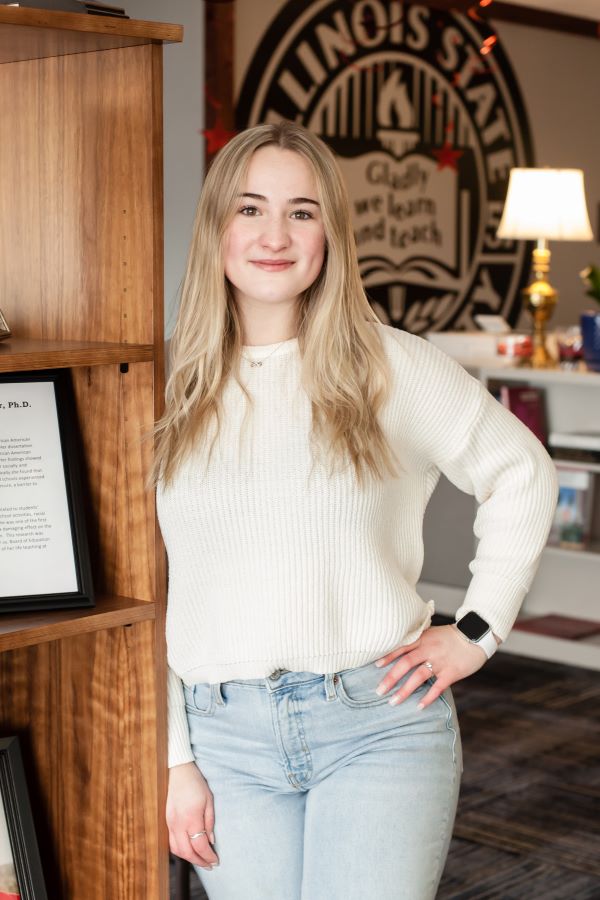 Izzy Martino
Izzy MartinoPsychology Interests: Clinical psychology and Therapy
Favorite Psychology Class: PSY 350
Fun Fact: My dad and I own a Mobile Wood-Fire Oven Pizza business called Martino's Mobile Pizza
-
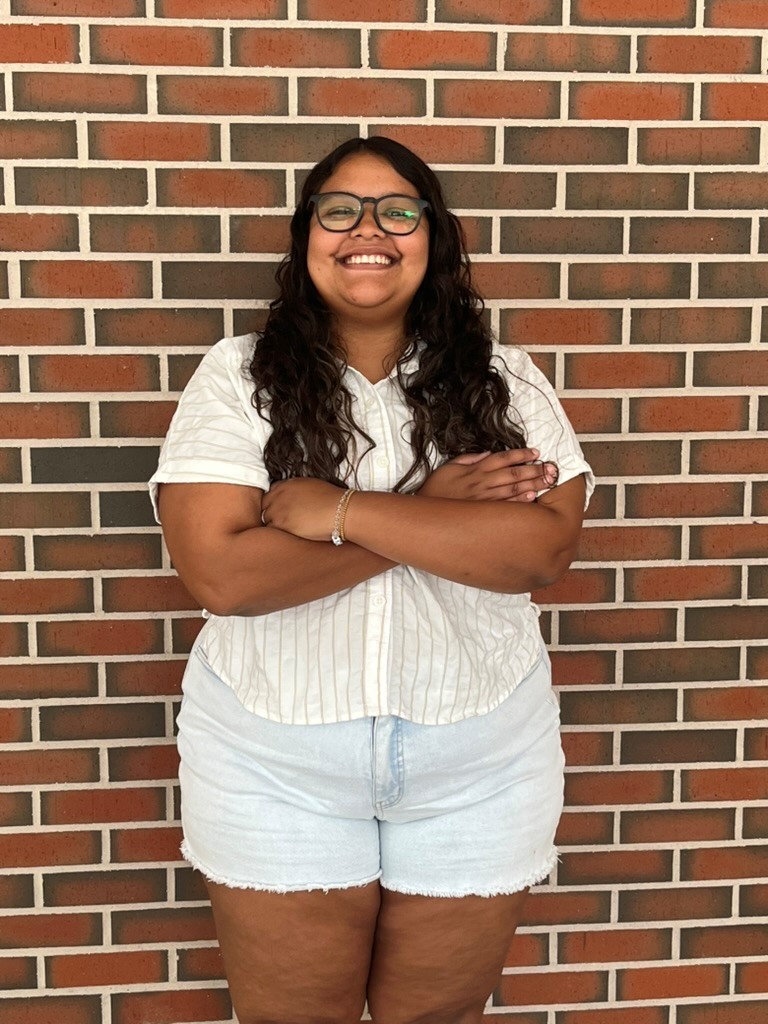 Nat Rojas
Nat Rojas
Psychology interests: Clinical Counseling
Favorite psychology class: Psy 233
Fun fact: I love acting/drama
-
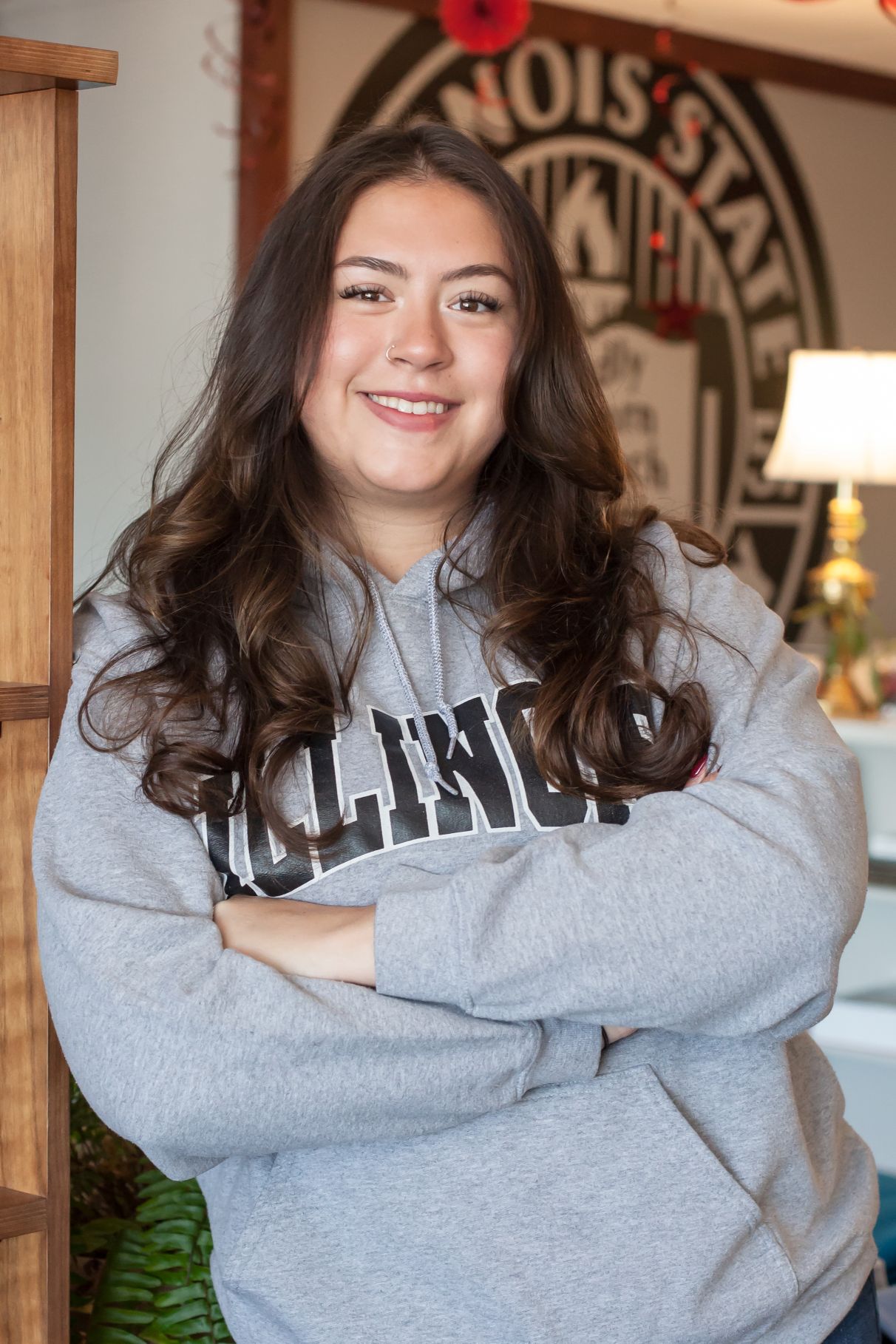 Maya Alonso
Maya Alonso
Psychology Interests: Counseling Favorite psychology class: PSY 350 - psychopathology I love to dance and try new things! -
 Rylee Bobo
Rylee Bobo
Psychology Interests: Marriage and Family Therapy/counseling psychology Favorite psychology class: PSY 350 - psychopathology I've never broken a bone (knock on wood) -
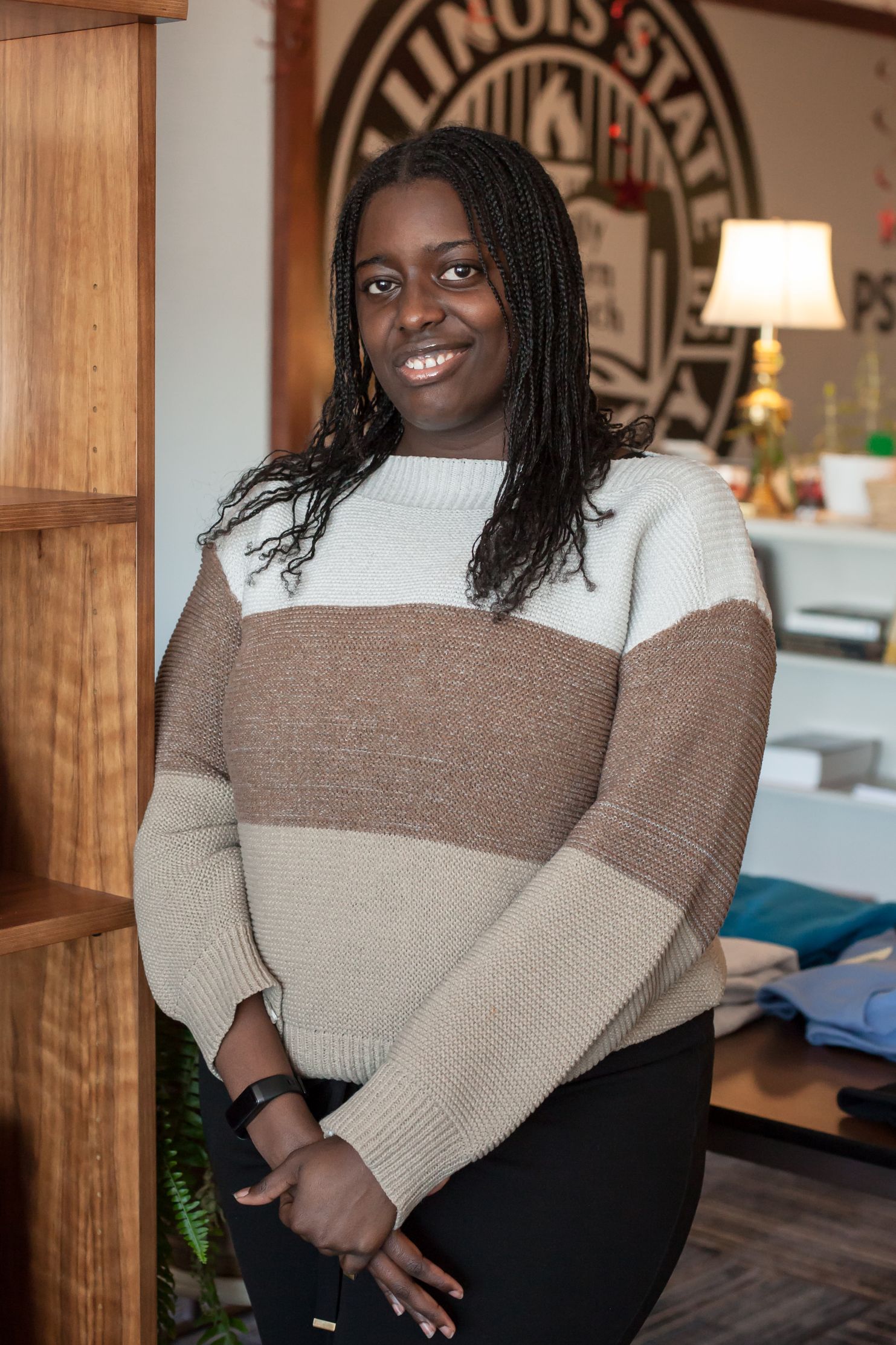 Kate Kuria
Kate Kuria
Psychology Interests: I have always been curious how and why people do what they do, as well as, numbers and what they can indicate. I am interested in going into quantitative psychology to combine to my interest and help others as much as I can. Favorite psychology class: PSY 233 I like to Roller Skate -
 Julianna Marroquin
Julianna Marroquin
Psychology Interests: School psychology Favorite Psychology Class; PSY 327A01 I love to travel and have been to seven different countries -
 Dani Reinert
Dani Reinert
Psychology Interests: School & Developmental Psychology Favorite Psychology Class: PSY 350 - psychopathology My fun fact is that I have chickens!
-
